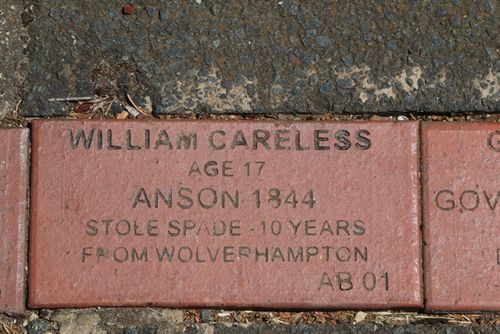An Obadiah Slope column
A mystery explained: There was a great passage of world-weariness, from a memoir in Good Weekend by Nadia Wheatley of George Johnson and Chairman Clift, both great Australian writers retreating from success in London and seeking a new life on an unfashionable Greek island. Obadiah has often wondered why they left – he’s like that, chasing down obscure tales.
“‘How to say that we were looking for a mermaid?’ Clift writes in her journal. This metaphorical mermaid, borrowed from T.S. Eliot’s poem The Love Song of J. Alfred Prufrock, stands for the spiritual element she’d felt to be missing from the family’s privileged life in London. ‘How to explain that we were civilisation sick, asphalt and television sick, that we had lost our beginnings and felt a sort of hollow that we had not been able to fill up with material success. We had come to Kalymnos to seek a source, or a wonder, or a sign, to be reassured in our humanity.’”
Obadiah feels sucked dry at times by a career of nurturing creative artists and then encountering the same drying-up effect in setting up Christian media. Seeking joy in the Lord is my recipe. That’s not Obadiah being pretentious, but knowing that somebody has his arms around him when life is desperate.
###
Theme Verses: As he set up The Other Cheek Obadiah was inspired to “Cast your bread upon the waters”. That phrase is from Ecclesiastes 11:1 and the expectation is that “you will find it after many days.”
(This is a time to avoid the NIV which takes the poetry out of this verse.) For what does it mean? The clue is in the next line. “Give a portion to seven, and also to eight; for you know not what evil shall be upon the earth.” That is, build community, work and share with others. And good things will return to you.
(Yes this is wisdom writing. Obadiah knows that!)
So Obadiah cast his words, this blog into the internet, and in return, people have been kind enough to read a lot. Thank you.
“Do not despise the day of small things” – was a verse on Obadiah’s last day at Bible Society which has inspired him not to be anxious about internet numbers but simply to press on.
And today, preparing the Lord’s prayer lesson for volunteer Scripture teaching, the words of Jesus, just after he taught the disciples to pray stands out. “Therefore do not worry about tomorrow, for tomorrow will worry about itself. Each day has enough trouble of its own.”
Obadiah is still learning how to do that.
###
1984 to 2022: Obadiah’s hero, George Orwell always remained a man of the left. But here’s an interesting comment he wrote in a 1947 letter to Victor Gollancz, his publisher (who leant towards a then fashionable Stalinism, and had turned down Animal Farm.) ”I don’t, God knows, want a war to break out, but if one were compelled to choose between Russia and America – and I suppose that is the choice one might have to make – I would always choose America.” (Letter to Victor Gollancz, 25 March 1947, Collected Essays, Journalism and Letters of George Orwell volume 4)
Orwell at the time was struggling to write 1984.
Obadiah admires Orwell, for being able to see the flaws in the political side he took, and even to write the most devastating critiques of it.
And Christians, who after all are citizens of another country, whatever passport they hold, should be able, Obadiah believes, to be critical of which every political or social tide they favour, and not surrender to our polarised culture.
###
Erased: On the way home from Special Olympics in Launceston, we sampled the Georgian splendour of some small towns in Lutrawila/Tasmania. Lots and lots of memorials to convicts and other settlers. Including convict footpaths in Campbell Town, inset with tiles that tell the story of people who never wanted to be there (pictured).
But Campbell Town is the site of a massacre of First Nations people. This casual visitor could not find anything to commemorate that. He may have missed a monument, but did not find anything. On the other hand, the convicts’ presence was palpable.
On to Ross, with near-intact Georgian streetscapes, a museum dedicated to Wool, and the history of the town. No mention of the First Nations people that I could find.
How wrong is that!


Thank you Obadiah for your thoughtfulness and insights into our literary heritage. And, indeed! how wrong is that!!!